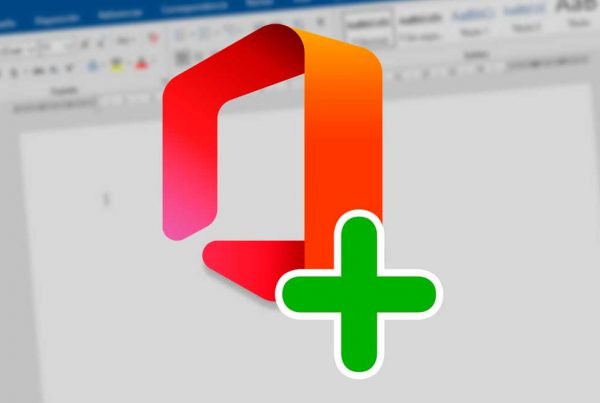Filters Concept
What are Filters?
Filters are mechanisms that, whether in the field of computing or in that of web pages, are used to establish what type of content should be viewed or shown on the screen, or which should not appear. It is something that is used in many places for very different purposes, but which always aims to refine the search to better match the results.
Any place on the net that has a search engine, usually also has the option of using filters so that the results are more tailored to the needs of the user. It's a good way to specify even more what you want to find, avoiding coming across tons of unnecessary information, the kind that plague the Internet and that can easily sneak onto our screens when we want to search for anything.
Something quite usual in the webs that take care of the user experience. With filters, anyone who is browsing can remove thousands or hundreds of useless results or little related to the search they are doing, so that the procedure is accelerated and finds what they want sooner.
You have probably used one on more than one occasion, leaving aside those related to photo retouching. Currently it is practically impossible to conceive a search engine without behind it there is some kind of filtering option to make things easier. It is already something fundamental and, more than necessary, mandatory.
What are Filters for?
Filters are used so that, if you need a cell phone for example, you can establish which manufacturer it comes from or even which model you want. They are those additional and advanced options that usually accompany the search bars so that users find things faster; in this way, they make special sense when it comes to streamlining the user experience and improving interaction with a website.
Parameters that are custom configured to show only the desired results. Its mission is nothing more than that, to save time with each search and find what you want more quickly.
Filter Examples
As examples of filters we just have to access the Google search engine and take a look at the alternatives that exist. If, for example, we intend to find the articles published during the last week in the NeoAttack blogYou just have to type in the search engine "blog neoattack" and then click on tools to determine the date for the last week.
This would be a case of a time filter, but there are also languages, countries, models, brands and a very long etcetera. All depending on the web and the product or service that it offers together with its search engine.
More information about Filters
If you are looking to learn more about filters, we invite you to read the content of the following publications. Take a look at these links.






